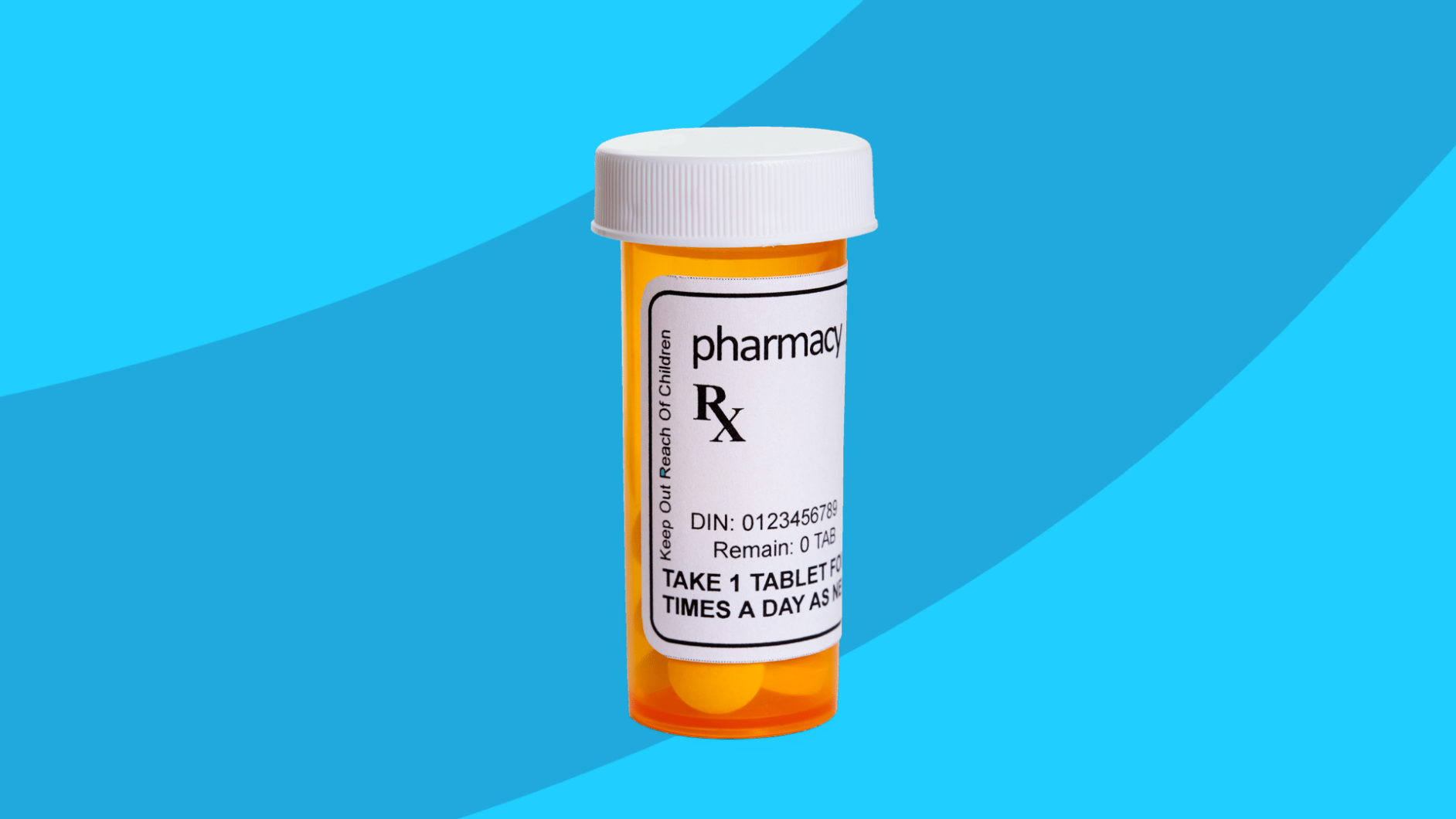Key takeaways
Propranolol is FDA-approved to treat various conditions, including high blood pressure, atrial fibrillation, angina (chest pain), essential tremors, and others.
Propranolol isn’t sold over the counter. It’s a prescription drug that is only available with a prescription from a licensed healthcare provider.
There aren’t any OTC substitutes or natural alternatives for beta blockers, including propranolol. However, there are some OTC medications or natural supplements that may help with some of the conditions propranolol is used to treat.
Propranolol is a generic drug approved by the Food and Drug Administration (FDA) for the treatment of high blood pressure, atrial fibrillation, angina (chest pain), essential tremors, and other medical conditions. It may also be used to prevent migraine headaches. A common off-label use of the drug is performance anxiety (stage fright). Available as brand names Inderal LA and InnoPran XL, propranolol belongs to a class of medications called beta blockers and primarily works by slowing the heart rate, weakening the force of each heartbeat, and relaxing the blood vessels. Because the drug is used for many health conditions, propranolol is available in several dosage forms, including an oral tablet, extended-release oral capsule, oral solution, and injection.
Like all beta blockers, propranolol is a prescription medication that isn’t sold over the counter. This means it’s only available with a prescription from a licensed healthcare provider.
Read on to learn more about how to access propranolol.
Can you get propranolol over the counter?
Propranolol isn’t available over-the-counter (OTC). You’ll need a propranolol prescription from a doctor or other medical professional to obtain the drug. In fact, you’ll typically need a thorough evaluation before your medical provider will write you a prescription. This is because propranolol can cause serious adverse effects, such as severe skin reactions, heart problems, fluid retention, memory loss, serious allergic reactions, and difficulty breathing. In people with diabetes, propranolol can hide the signs and symptoms of hypoglycemia (low blood sugar). Additionally, propranolol has potential drug interactions. Because of these risks, propranolol isn’t right for all patients, and a healthcare professional can discuss the potential risks and benefits of taking the drug.
Since propranolol isn’t available OTC, are there any OTC alternatives?
Best OTC alternatives for propranolol
Beta blockers, such as propranolol, aren’t available OTC, and there aren’t any exact OTC substitutes for them. However, OTC aspirin can be used to help with some of the conditions propranolol is used to treat.
Aspirin
Propranolol is FDA approved for various heart conditions, including angina (chest pain). It can also be prescribed to reduce the risk of death in those who have survived a heart attack. Aspirin is an OTC antiplatelet medication that may also be used for these conditions.
Aspirin is commonly used off-label to lower the risk of heart attack and stroke. In some cases, it may also be used to treat angina (chest pain). Aspirin is available to purchase OTC without a prescription. However, daily use of aspirin isn’t right for everyone. According to the FDA, aspirin can be helpful in lowering the risk of certain heart problems, such as heart attack, clot-related strokes, and other blood flow problems in those with cardiovascular disease or a history of heart attack or stroke. It can also be useful for those with certain types of cardiovascular disease. But, like all drugs, aspirin can cause serious side effects.
Natural sources of beta blockers like propranolol
There aren’t any natural alternatives to propranolol or natural sources of beta blockers. However, some OTC supplements may help with blood pressure management, migraine frequency, and heart disease. But it’s important to note that dietary supplements differ from OTC medicines as they aren’t FDA approved to treat or prevent diseases. This means the FDA doesn’t review them for safety or effectiveness before they are sold to the public. In most cases, natural supplements aren’t well studied and shouldn’t be substituted for a prescription or OTC medications unless you’re following your doctor’s instructions. Always talk to a doctor, pharmacist, or other healthcare professional before starting any new medications or supplements.
Natural supplements for high blood pressure
Some supplements, such as magnesium, potassium, coenzyme Q10, and omega-3 fatty acids, have been shown to help lower blood pressure.
Natural supplements for migraines
Other supplements, such as coenzyme Q10 (CoQ10) and riboflavin, may be useful in supporting migraine prevention.
Natural supplements for cardiovascular disease
Cardiovascular disease is an umbrella term for conditions that affect the heart and blood vessels, including diseases that cause heart attacks. While many supplements claim to help prevent or treat cardiovascular disease, many studies have failed to show any cardiovascular benefits. Therefore, the American Heart Association (AHA) and the United States Preventive Services Task Force don’t recommend taking supplements to prevent heart disease.
Sources
- Aspirin for reducing your risk of heart attack and stroke: Know the facts, Food and Drug Administration (2019)
- Can vitamins help prevent a heart attack? Mayo Clinic (2023)
- Effectiveness of high-dose riboflavin in migraine prophylaxis. A randomized controlled trial, Neurology (1998)
- Efficacy of coenzyme Q10 in migraine prophylaxis: a randomized controlled trial, Neurology (2005)
- Facts about dietary supplements, Food and Drug Administration (2023)
- Long-chain omega-3 fatty acids eicosapentaenoic acid and docosahexaenoic acid and blood pressure: A meta-analysis of randomized controlled trials, American Journal of Hypertension (2014)
- Oral potassium supplementation for management of essential hypertension: A meta analysis of randomized controlled trials, PLoS One (2017)
- Propranolol, StatPearls (2023)
- Propranolol hydrochloride tablets prescribing information, Food and Drug Administration (2024)
- Supplemental vitamins and minerals for cardiovascular disease prevention and treatment, Methodist Debakey Cardiovascular Journal (2019)
- The effect of magnesium supplementation on blood pressure in individuals with insulin resistance, prediabetes, or noncommunicable chronic diseases: A meta-analysis of randomized controlled trials, The American Journal of Clinical Nutrition (2017)
- The effects of coenzyme Q10 supplementation on blood pressure among patients with metabolic diseases: A systematic review and meta-analysis of randomized controlled trials, High Blood Pressure & Cardiovascular Prevention (2018)



